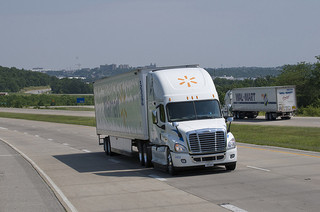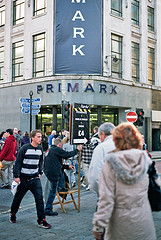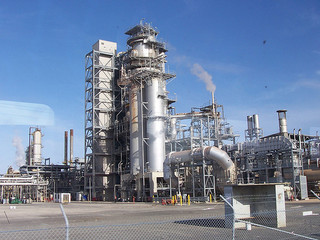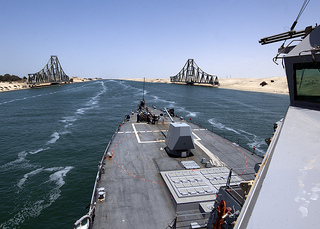Walmart Tightens Supply Chain After Bangladesh Factory Fire

Wal-Mart announced changes to their supply chain policies shortly after a clothing factory in Bangladesh went up in flames. The fire killed over 100 employees at a facility subcontracted by a Wal-Mart supplier without the retail giant’s approval. Under Wal-Mart’s current policy, suppliers have three chances to rectify noncompliance issues like this, but that will change on March 1.
Zero Tolerance in Supply Chain Compliance
Since 2005, over 600 people have lost their lives in Bangladesh clothing factory fires. Wal-Mart requires their manufacturing facilities to complete fire safety training and screen contractors, as well as their subcontractors for safety and compliance. After March 1, any supplier that subcontracts work to an unauthorized factory will be immediately dropped from Wal-Mart’s supply chain. Vice president of ethical sourcing, Rajan Kamalanathan said, “”We want the right accountability and ownership to be in the hands of the suppliers.” To simplify things, the retailer will list factories that aren’t authorized on their corporate website.
More Initiatives to Improve Safety
Another policy change will take effect on June 1. If a supplier plans to use a foreign facility in any part of the manufacturing process, the company must have an employee based in the country to enforce regulations and cannot depend on a third-party to oversee safety. Wal-Mart executives are also considering setting up a fund to help supplier factories improve their safety levels.
Are Retailers Doing Enough?
Workers’ Rights Consortium is one of several organizations working to improve fire safety in Bangladesh clothing plants. The group is urging retailers like Wal-Mart and H&M to take more responsibility for supplier safety. Executive director, Scott Nova says, “Wal-Mart is feeling a great deal of pressure in the wake of public scrutiny. The response isn’t adequate unless Wal-Mart and others pay their suppliers more so they can cover the costs of repairs.” The advocacy group wants retailers to sign a contract saying that they will give factory owners financial aid to make safety repairs. Retailers who join the program also assume full liability for factory fires.
At this time, Wal-Mart doesn’t plan to take part in the program. Spokeswoman Brooke Buchanan says, “We can make a positive impact on our global supply chain by both by raising our own standards and by partnering with other stakeholders to improve the standards for workers across the industry.”








